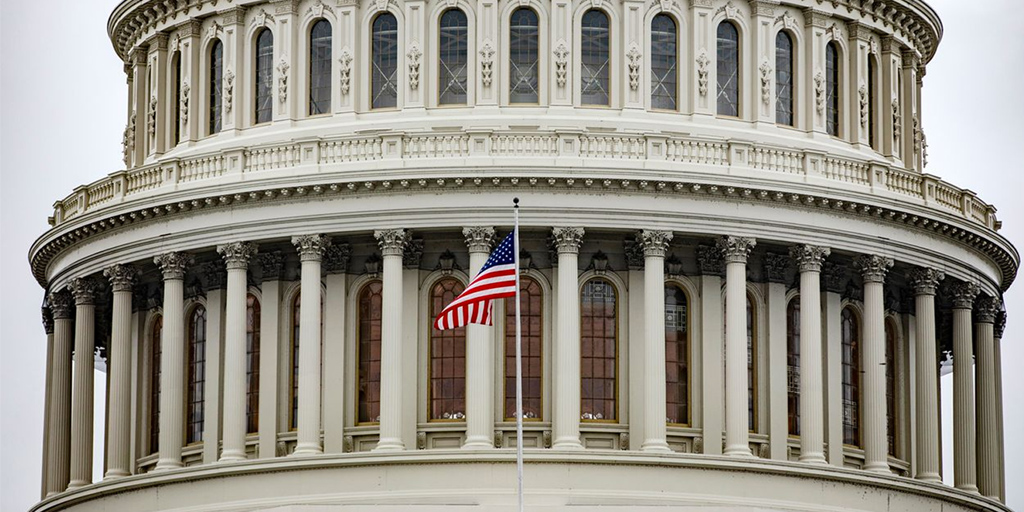
To the Members of the United States Senate:
As Senate hearings commence this week to consider the nominations of Biden-Harris designees for economic policy and financial regulatory roles, we respectfully offer the following questions that focus on economic issues of importance to communities of color and the entire economy.
Historically, people of color have been almost entirely excluded from the top positions (secretary, chair, and commissioner) at federal economic and regulatory agencies. Alarmingly, a 2020 Georgetown University Law Center study published by the Brookings Institution found that of the 327 people who have been appointed to financial regulatory agencies, only 10 have been Black. It appears that with the Biden-Harris picks for these roles so far, this unfortunate reality will continue.
The nation’s recent awakening to systemic racism demands that our government’s economic agencies finally appoint diverse leadership who will develop strategies and purposefully engage with the private sector to counteract the persistent impacts of systemic racism. This confirmation process affords you the unique opportunity to assess nominees’ previous performance, expertise, and commitment to this important task.
In the racial equity pillar of President-elect Joe Biden’s economic plan, he pledged to promote diversity across all federal agencies. It is critical that the Senate ensure that these appointees recognize that racial equity must be a top priority in their new roles and that the committees that oversee them will hold them accountable to make progress. Moreover, we urge these important questions become part of the official record to provide this voice for communities of color. There is an appalling and nearly complete lack of diversity among the members and senior staff that comprise the Senate Committees of jurisdiction, as highlighted in a 2020 Joint Center for Political and Economic Studies report.
We ask you to pose the following questions to the nominees who appear before your committees.
- You have had leadership roles at various government bodies, companies, or nonprofit organizations. Some of these have not had particularly strong records of hiring diverse talent. Others show better results. To help us gauge your commitment to diverse hiring and understand how you will approach it should you be confirmed, can you explain where you have excelled in hiring and promoting people of color in your previous jobs and where is there opportunity for improvement?
- The racial wealth gap may be among the most complex and lingering vestiges of America’s original sin of slavery, and it is a systemic risk to our economy. Generations of some white families have built and passed down wealth and Black families have not because of institutional racism in housing and lending, and other forms of discrimination. According to Brookings, the typical white family has 10 times the wealth of the typical Black family. What are some short- and long-term strategies your agency can advance to begin to close this gap?
- The Covid pandemic has disproportionately impacted Black and Latinx businesses. Their owners have been hit by both the health and economic affects more so than their white peers. The Cares Act created some resources and reforms specifically designed to assist these businesses. Some have worked better than others. How do you assess these measures and how will you prioritize helping minority businesses during the pandemic and beyond?
- Black and Latinx communities are more likely to be unbanked or underbanked than white communities, and they often rely on financial products that have less favorable terms and may harm more than help. Responsible financial tools are not as accessible as they should be in communities of color. How will you work with the financial services sector to reach and appropriately serve more people of color?
- Firms owned by minorities manage less than 1% of the approximately $70 trillion in U.S. assets under management in retirement plans, pensions, and endowments, according to a 2017 GAO report. By comparison, some large, individual companies’ share is multiples of all minority firms combined. These facts showcase the urgency for the federal government to significantly increase its contracting with minority-owned businesses. What responsibility do you have in this role to significantly expand opportunity for minority-owned businesses to contract with the federal government?
- Your agency has outside advisory councils and task forces comprised of industry leaders, academics, non-profits, and other policy makers. They serve as volunteers buthave significant influence being appointed by and working closely with you. Should your agency be judged by its success in populating these groups with more diverse advisors on these councils and task forces, and over what period of time?
- Since the 2020 racial justice protests, some companies seem to be more intentional about increasing board and C-suite diversity. Progress, however, is very slow. Diverse boards and leadership teams are better prepared to navigate the needs of their workforce, customers, and communities. What will you do to accelerate private sector efforts to achieve more inclusive leadership?
We are anxiously awaiting a more robust focus on economic equity and renewed commitment to financial policymaking that addresses these gaps. We believe the newly constituted Senate and the Biden-Harris administration bring great hope. It starts with this important vetting process for the leaders of our nation’s premier economic agencies.
Paul Thornell is a principal at Mehlman, Castagnetti, Rosen & Thomas
David Clunie is the executive director of the Black Economic Alliance

